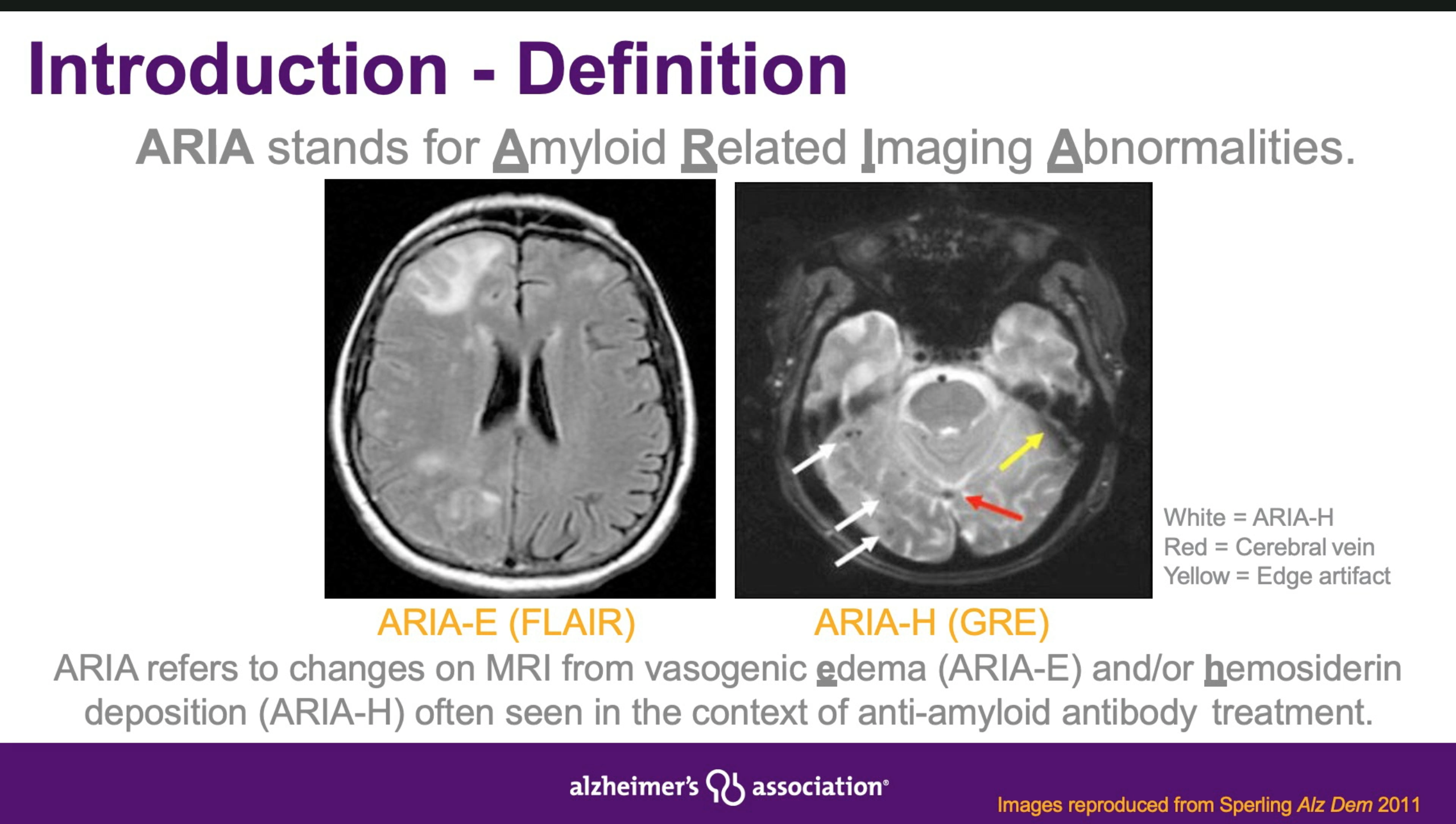Lectures
Tau Therapeutics for neurological disease: Why? Who? What? When? How?
The National Institute of Neurological Disorders and Stroke (NINDS) Grand Rounds from December 14, 2021 by Adam Boxer, MD, PhD. The talk discusses the rationale for and current status of new tau-directed therapeutic approaches for neurologic disease.
Hopeful Advances in Research: A Discussion of Aducanumab
As an Assistant Professor and cognitive neurologist at UCSF, Dr. Lawren VandeVrede’s primary goal is to provide outstanding clinical care to patients with dementia and their caregivers. He completed his medical training in Chicago, where he also obtained a PhD degree in neuroscience in preclinical drug development for Alzheimer’s disease. He completed his residency in the Harvard Neurology Residency program, and he received fellowship training at the UCSF Memory and Aging Center. His research interests are in advancing novel diagnostic and therapeutic tools from the research world into the clinic, especially new blood tests for neurodegenerative disease.
Update on Major FTD Research Initiatives
National FTD research efforts use natural history studies to understand FTD subtypes, symptom onset and the rate of disease progression, which are all critical to advancing treatments. In this session, Dr. Adam Staffaroni speaks about the ALLFTD consortium, present emerging data from the latest studies, and provide information on ways to help further FTD research.
An Introduction to Amyloid-Related Imaging Abnormalities (ARIA) and Its Management

Link to Alzheimer's Association: https://training.alz.org/products/4111/an-introduction-to-amyloid-related-imaging-abnormalities-aria-and-its-management
Update on Progressive Supranuclear Palsy (PSP) therapeutics & CBS and CBD: A Pathway to Trials
For more information and resources, please visit: curepsp.org
KQED: FDA Poised to Approve New Alzheimer's Drug: A discussion of Lecanemab and Alzheimer's on KQED Forum now
The U.S. Food and Drug Administration is expected to approve the experimental dementia drug Lecanemab as soon as this week, a move embraced by Alzheimer's disease researchers after trials showed it slowed the progression of the disease in some patients with mild cognitive impairment. The new potential therapy is also raising hopes that it could help those who are symptom-free but have brain changes -- detected by new blood tests -- that signal Alzheimer's. We'll talk about the latest advances in Alzheimer's research.
Guests:
Dr. Adam Boxer, endowed professor in memory and aging and professor of neurology, UCSF - He directs UCSF’s Neurosciences Clinical Research Unit and the Alzheimer’s Disease and Frontotemporal Degeneration Clinical Trials Program at the UCSF Memory and Aging Center.
Dr. Kristine Yaffe, professor of psychiatry, neurology and epidemiology, UCSF - She also directs UCSF's Center for Population Brain Health.
Dr. Michael Weiner, professor of radiology, UCSF - principal investigator of the Alzheimer's Disease Neuroimaging Initiative
